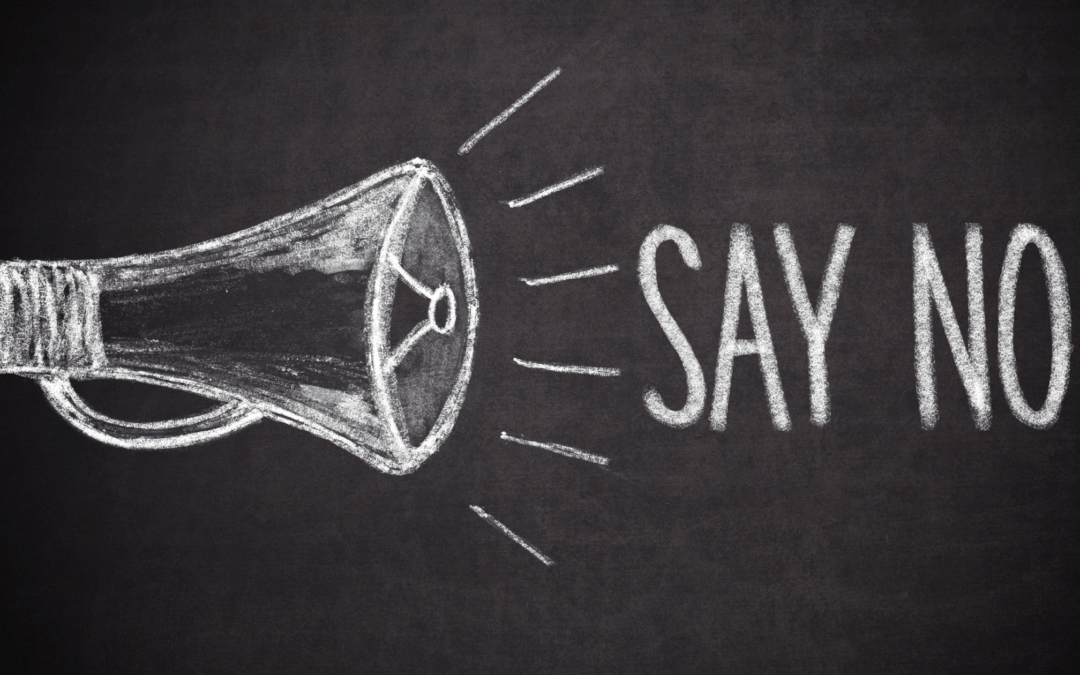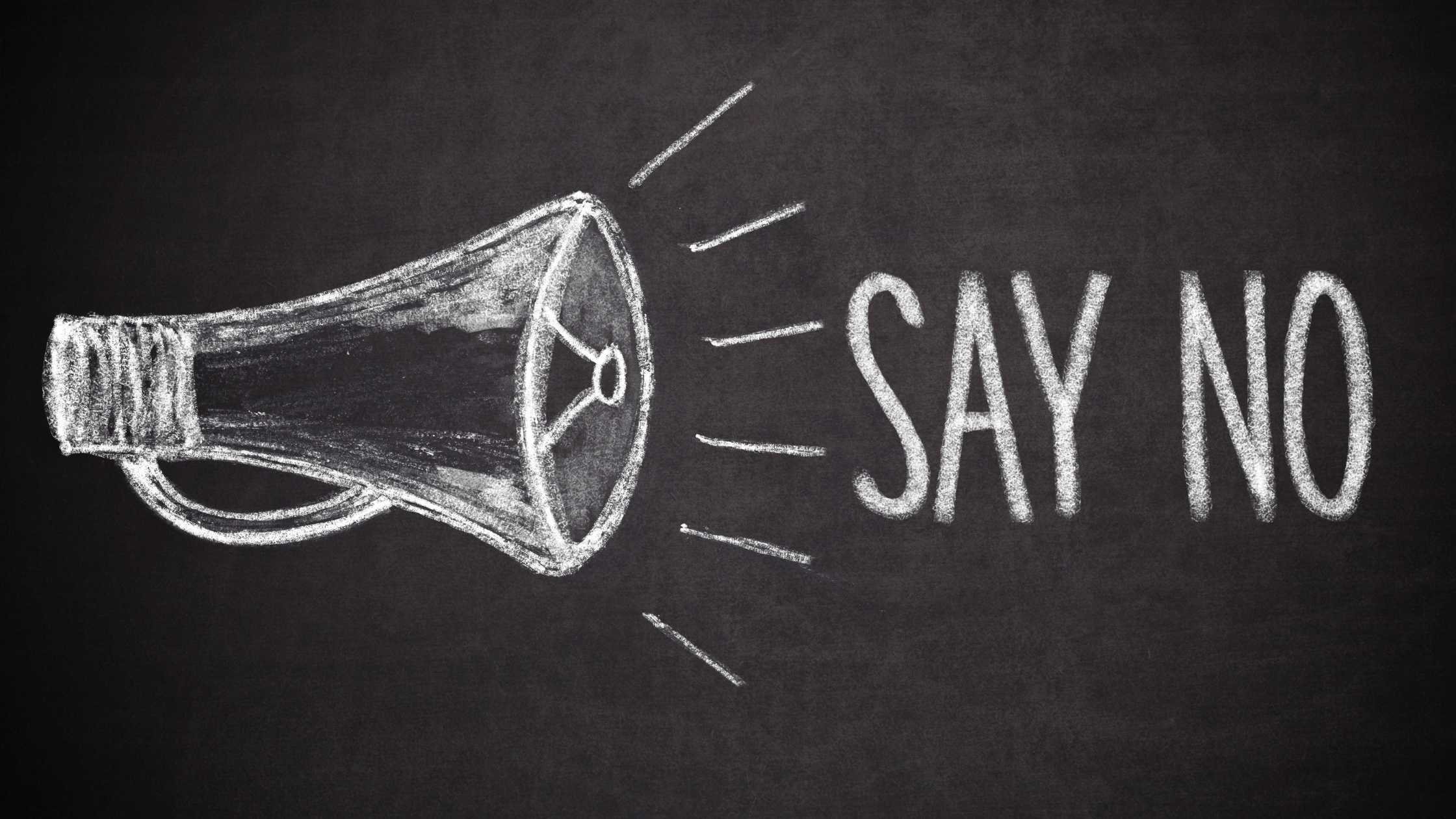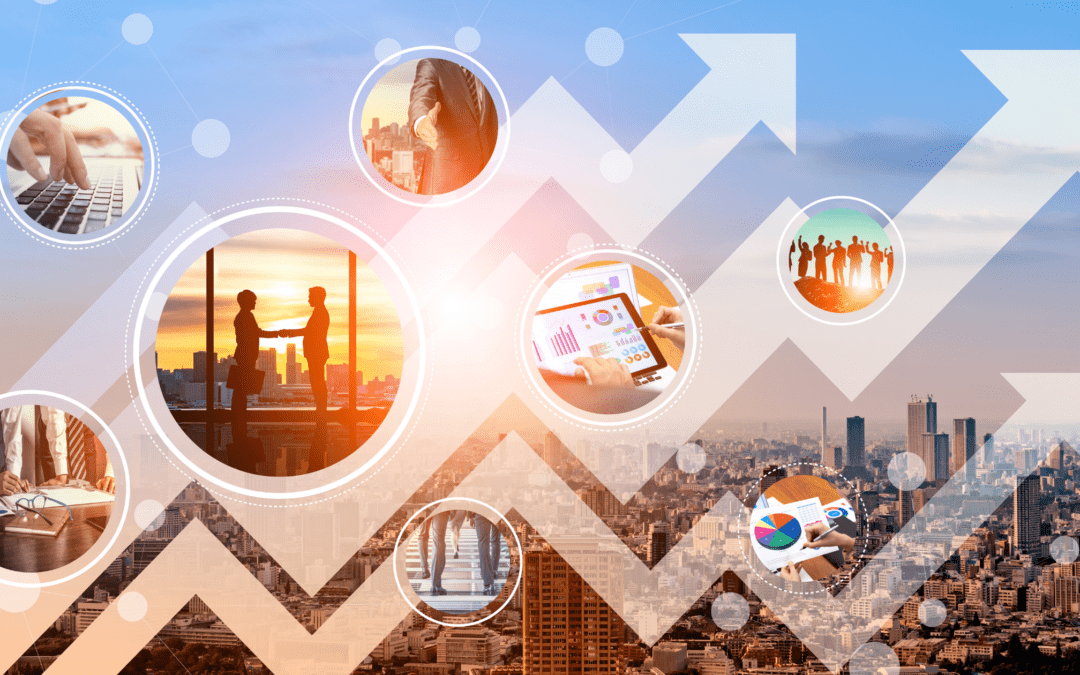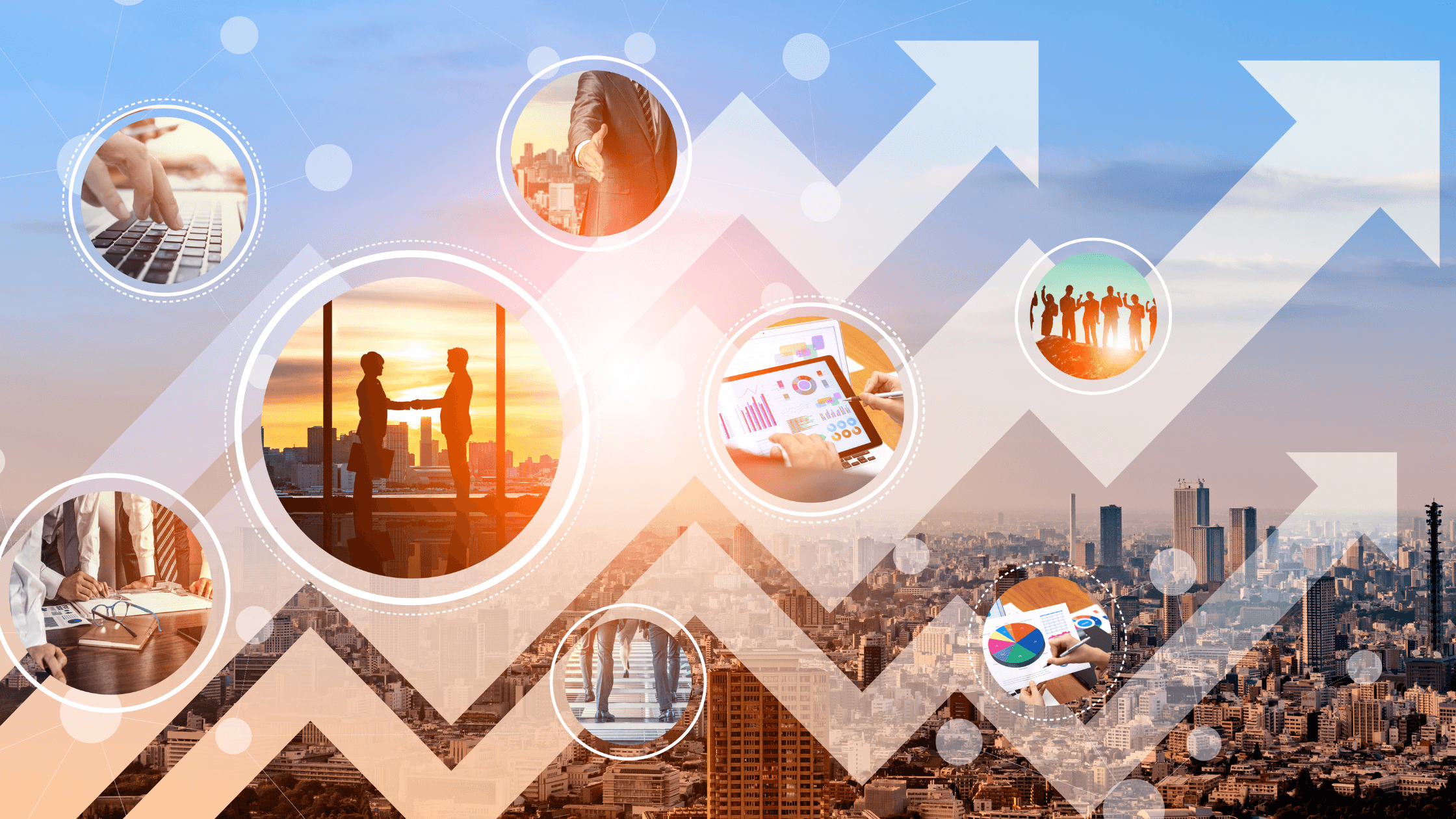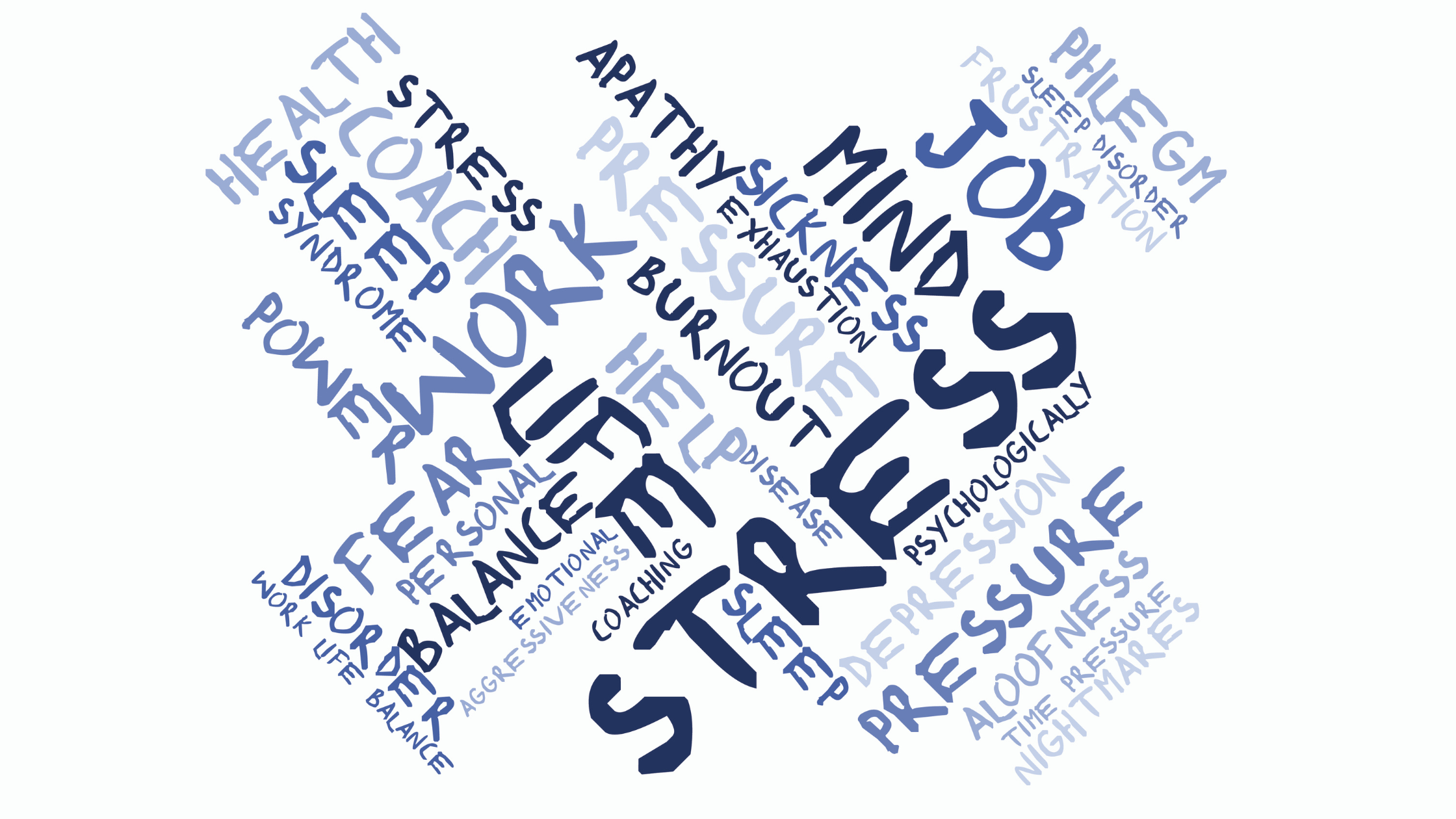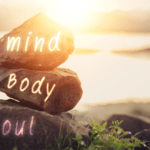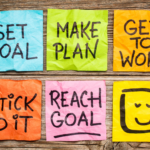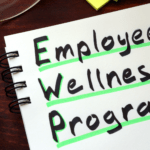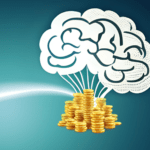
The Real Impact of Travel on Personal Development
Discover, Evolve, Thrive: Unveiling the Real Impact of Travel on Personal Development
Traveling has long been regarded as a transformative experience, touted for its potential to foster personal growth, broaden perspectives, and enrich one’s sense of self. Countless individuals embark on journeys with the hope of finding themselves, gaining new insights, and expanding their horizons. However, it is essential to explore and evaluate the actual effect of travel on personal development, separating the romanticized notions from the tangible benefits it can provide.

The Power of Travel in Personal Growth
Traveling is not just about ticking off destinations from a bucket list or taking stunning photos for Instagram. It has the power to transform us in profound ways and foster personal growth. Stepping out of our comfort zones and immersing ourselves in new cultures, languages, and experiences can be incredibly enlightening.
Firstly, travel exposes us to different perspectives and challenges our preconceived notions. By interacting with people from diverse backgrounds, we become more tolerant and open-minded. We learn to appreciate the beauty of cultural differences rather than fear them. Moreover, navigating through unfamiliar territories strengthens our problem-solving skills and adaptability. When faced with unforeseen situations like missed flights or language barriers, we must think on our feet and find creative solutions.
Secondly, travel allows us to discover ourselves beyond the constraints of everyday life.
Benefits of Traveling in Personal Development
Challenging Assumptions:
Before delving into the true impact of travel on personal development, it is crucial to challenge certain assumptions that have contributed to its perceived significance. The notion that travel automatically guarantees personal growth or that it is the only pathway to self-discovery requires a more nuanced examination. While travel can certainly offer unique opportunities, its effects on personal development may not be as universally transformative as often portrayed.
A Catalyst for Self-Reflection:
One of the fundamental ways in which travel can contribute to personal development is by providing an environment conducive to self-reflection. Stepping outside one’s comfort zone and immersing oneself in unfamiliar surroundings can stimulate introspection and encourage individuals to question their beliefs, values, and priorities. Exposure to different cultures, languages, and lifestyles can prompt individuals to reevaluate their own identities and broaden their perspectives.
Cultivating Adaptability and Resilience:
Travel inherently presents unforeseen challenges, whether it’s navigating language barriers, dealing with unexpected circumstances, or adapting to new environments. Such experiences can foster resilience, resourcefulness, and adaptability, as individuals learn to navigate unfamiliar territories and overcome obstacles. These newfound skills are not only valuable in the context of travel but also transferable to various aspects of life, including professional endeavors and personal relationships.
Promoting Cultural Understanding and Empathy:
Engaging with diverse cultures and communities during travel can cultivate a deep appreciation for cultural differences and nurture empathy. Experiencing firsthand the customs, traditions, and values of different societies promotes a more inclusive and open-minded worldview. By embracing diversity, individuals can develop a greater understanding and respect for others, enhancing their interpersonal skills and fostering meaningful connections.
Gaining Perspective and Reevaluating Priorities:
Travel has the power to offer a fresh perspective on life. By witnessing different ways of living and encountering individuals from various walks of life, travelers can gain a new appreciation for what they have and reevaluate their priorities. The exposure to different realities and the opportunity to detach from familiar routines can help individuals redefine success, find meaning, and align their actions with their core values.
Expanding Knowledge and Skills:
Exploring new destinations often involves engaging in a wide range of experiences, from visiting historical sites to participating in adventure activities or learning about local customs. This exposure not only expands an individual’s knowledge but also develops practical skills, such as problem-solving, communication, and adaptability. These skills acquired through travel can contribute to personal growth and enhance one’s overall competence.
How Traveling Can Transform Your Life
Traveling offers a unique opportunity to step outside of your comfort zone, challenge yourself, and learn new things. Here are some ways in which travel can impact your personal development:
- Cultural Awareness and Diversity: Through travel, you can experience different cultures, customs, and traditions firsthand. This exposure increases your cultural awareness and appreciation for diversity, fostering a sense of empathy and open-mindedness.
- Self-Confidence: Traveling solo or in unfamiliar territories forces you to rely on yourself and make decisions independently. As you navigate through unfamiliar environments successfully, your self-confidence grows, and you become more self-reliant.
- Adaptability and Resilience: Traveling often presents unexpected challenges and obstacles. Learning to adapt to new situations and overcome obstacles demonstrates resilience and strengthens your ability to handle adversity.
- Problem-Solving Skills: Traveling often requires quick thinking and problem-solving. From navigating through unfamiliar cities to finding accommodation, each challenge presents an opportunity to enhance your problem-solving skills.
- Perspective and Empathy: Interacting with people from different backgrounds exposes you to diverse perspectives and fosters empathy. This expanded worldview can help you better understand and connect with others.
- Self-Discovery and Reinvention: Stepping outside your comfort zone during travel encourages self-reflection and self-discovery. You may uncover hidden passions, gain clarity on your values, and even redefine your goals and aspirations.
- Openness to New Experiences: Traveling exposes you to new experiences, foods, languages, and activities. By being open to trying new things, you nourish your sense of wonder and cultivate a thirst for knowledge and adventure.
- Improved Communication Skills: Interacting with people from different cultures challenges your communication skills. Learning to navigate language barriers and cultural nuances hones your ability to communicate effectively.
So, whether you embark on a solo adventure, travel with friends, or join a group tour, remember that the real impact of travel goes beyond ticking off destinations on a bucket list. It is an opportunity for personal growth, self-discovery, and lifelong memories. Embrace the transformative power of travel and let it shape you into a better version of yourself.
Key Takeaways:
While the impact of travel on personal development may not be as universally profound as often portrayed, it still holds immense potential for growth and self-discovery. By embracing new experiences, encountering diverse cultures, and challenging oneself in unfamiliar environments, individuals can foster self-reflection, cultivate resilience, gain cultural understanding, and expand their horizons. However, it is important to approach travel with realistic expectations, recognizing that personal development is a continuous journey that can be influenced by various factors beyond travel alone.
Action Steps
Unlock your true potential through our groundbreaking neuroperformance programs, where your secret genius comes to life. In just 12 weeks, experience a comprehensive transformation that touches every aspect of your existence: from career and daily performance to health, wellness, cognitive function, habits, relationships, energy levels, and even personal and spiritual growth. What sets us apart is our unwavering dedication to the brain—the very foundation of all transformative endeavors.
Genius knows no bounds and comes in various forms, and our program is designed to help you tap into your individual brilliance by fostering learning, knowledge, and profound personal evolution. Discover the incredible journey that awaits you by exploring our programs.
If you enjoyed this article, we'd love for you to forward it to your community! It helps us to help more people. Use the social/mail icons to share it with anyone in 2 seconds.

